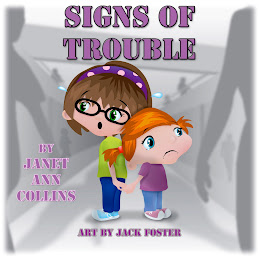A negative prejudice about a group of humans is bigotry, and that's never a good thing.
Unfortunately a lot of people are prejudiced against others who have disabilities. Like most prejudices, that one is based on fear. Although there's no logical reason for it, some folks act as if they think disabilities are contagious. Maybe they believe associating with those who have special needs will make people have the same negative prejudice toward them that they hold toward others.
Then there are the ones who give unrequested advice to people they barely know, suggesting an herbal remedy or mystical meditation, or telling them if they didn't lack faith or have unconfessed sin they'd be healed. When I had foster kids with disabilities that caused behavior problems in public it wasn't unusual for strangers to tell me I should use certain methods to make my kids behave. This sort of thing is extremely rude, but is really just a way for people to claim they're better than someone dealing with special needs. They do that to reassure themselves that they will never become disabled because, deep down inside, they know it could happen.
In a way, their prejudice is a disability because it limits their lives by preventing them from having healthy relationships with lots of wonderful people.



No comments:
Post a Comment